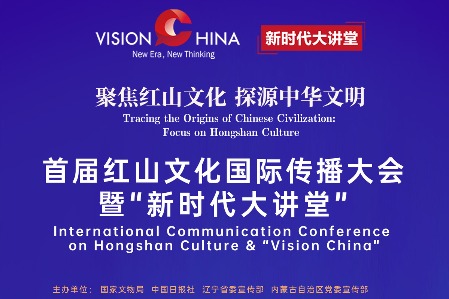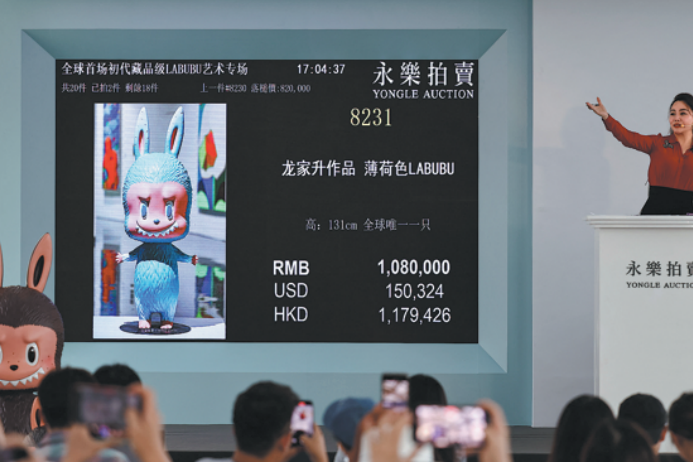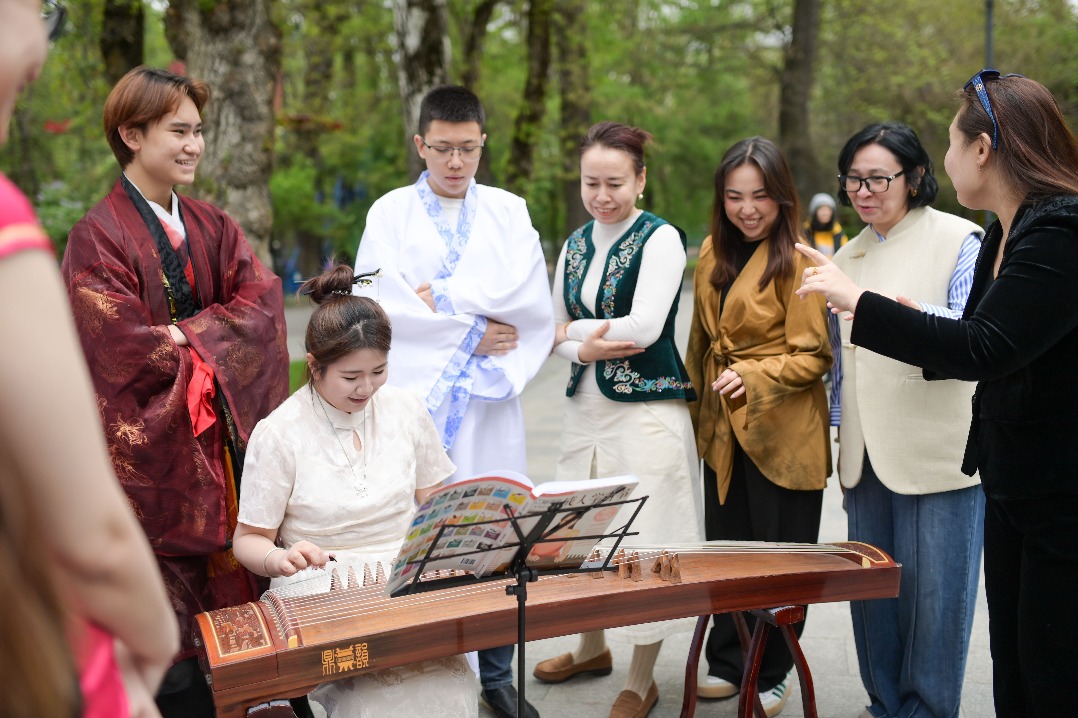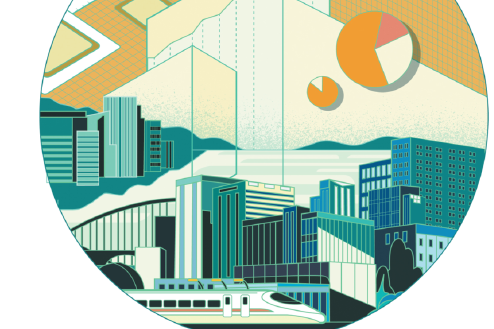Congenial narratives of a distant land

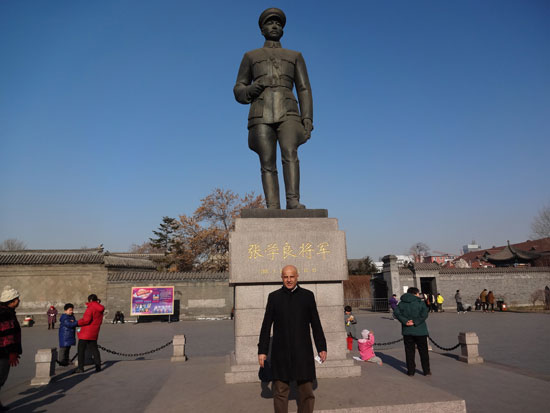
Seek knowledge, even if it takes you as far away as to China
I heard these lines like a mantra when I was younger. My memories of thinking about China have come a long way, like a shadow, and my view of China has thus evolved from that pre-entry imagination to the post-entry experience. It has entangled my thoughts and decisions about the place and people. The observation and its projection tell a new story, the story of how I see it, of then and now. The narrative tail culminates in events I am sharing in this piece, with a slight touch of professorial and scholarly devices.
My history with China evolved from pre-entry imagined events to my experience here in subtle ways. It all started with a childhood doctrine, embodied in an instructive adage of those days. The adage would read like this: “Seek knowledge, even if it takes you as far away as China”. It is this thought when I was young that got me engaged in tracking the paths and patterns of stars pointing to this distant land. With every passing star, I would estimate the journey to China.
I read the narratives of Ibn-e-Batuta, a Moroccan explorer who visited China long before Marco Polo did. Both explorers narrated entertaining details of their journeys to this land, which captivated many. Ibn-e- Batuta triggered questions about knowledge, distance, and China. His colorful narratives raised memories from the past in a new context and interpretation. With a sigh of relief, I said to myself, 'Now I understand: Ibn-e-Batuta went to China for this very reason - seeking knowledge in this distant land.'
There appeared narratives on Marco Polo, about dynasties along the Silk Road, Kublai Khan’s palace in Chengdu, the bowing of the tamed tiger to the king, the khan’s hospitality to Marco Polo, and the distinctive stories of the people of Cathay, an old name for China. These narratives jumped out of the pages; it felt like a living experience, between the imagination I had accumulated and realization through these secondary accounts.
Then, it all happened. The so-called distant land of China was fast evolving. From one side, the world had changed China; from the other side, China had changed the world.
Among other pieces, a passage by Lord Megnad Desai of the London School of Economics grabbed my attention in London in 2003. Desai writes something like this: It is true that India will be the largest democracy; it is also true that China will be the world economic power.
Then it came to reality. I was in Beijing in 2006 during the annual conference of the Academy of International Business. The host institution, Peking University, had availed us the opportunity to visit the Great Hall of the People in Beijing. Among delegates, walking through the high and wide corridors, I looked up at the ceilings and imagined my days in the mountains. This brief moment juxtaposed the past and present and formulated new questions and quests. I returned to London and continued my wandering thoughts around China - some with grand imagination, and others rested on the destiny that set the path for this distant land. Now, the knowledge of the land was increasingly becoming less distant.
As I, a professor of innovation studies, was already in China I went to Dalian in the northeast. Dalian, which, with its colors, designs, and displays, triggered new thoughts. Hardly were old questions settled, and new ones started rising - why was China so important in ancient times that Chinese knowledge was a part of my childhood norms and narratives?
Time, place, and pride differed in the meaning of knowledge here. I thought to myself, 'It might be Confucius who preceded most civilizations in the east, and his teachings might have influenced the virtue of seeking knowledge from that distant China. The cultured society, the refined language, the open-minded style, and the revealed long-span of time are reflected in this long civilization. This longevity of the civilization became visible when I looked through lenses of evolved civilizations elsewhere.
Now I was an expert to talk about where it came from and where it goes. It was the time of information intelligence, and not of arrows and bows. The pace of prosperity and the race for betterment had the imprint of learning trails. I am a professor at Liaoning University, in Shenyang, and I predict a vigorous revival in the north is on its way. I set my bearings on the Belt and Road Initiative, the bearing set to science and technology to sail to far destinies. Information technology has metamorphosed, and I see the data economy, storage and clouding in this far land. The north, the way I see it, will be a world center for saving energy, digital security, social safety, and preservation of the data for millennia.
My slogans have changed. Rather, resting on the logic of this integrated land, I raise the cup to a reformed slogan:
The north, a morning star, knocking and nudging,
The South, standing to the world on its par,
Humble in its gestures, and humble in its bows,
This distal knowledge land has to go very far!
The author is a Professor of Innovation & Management at Liaoning University Business School of Liaoning University, Shenyang, China.
















